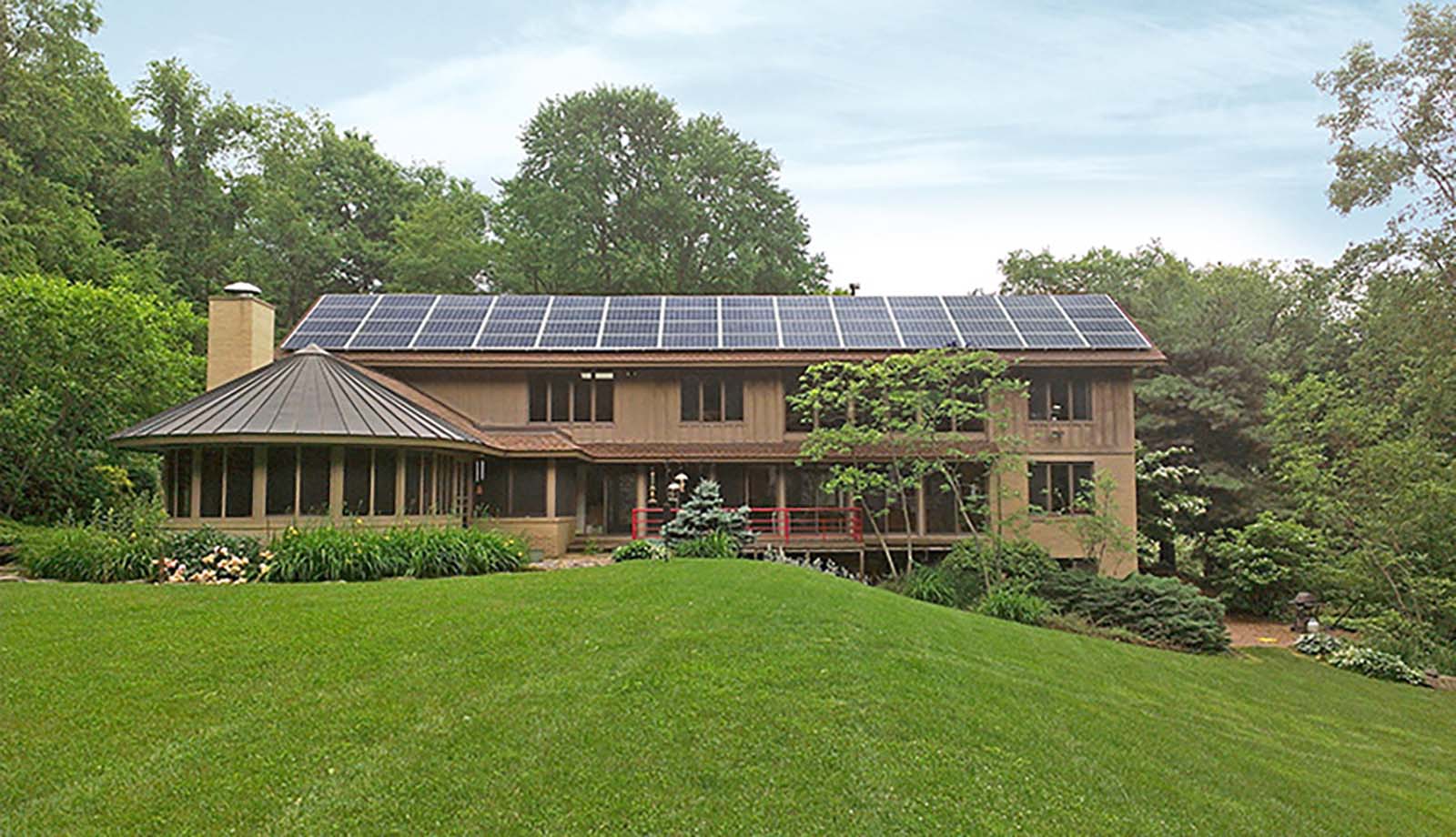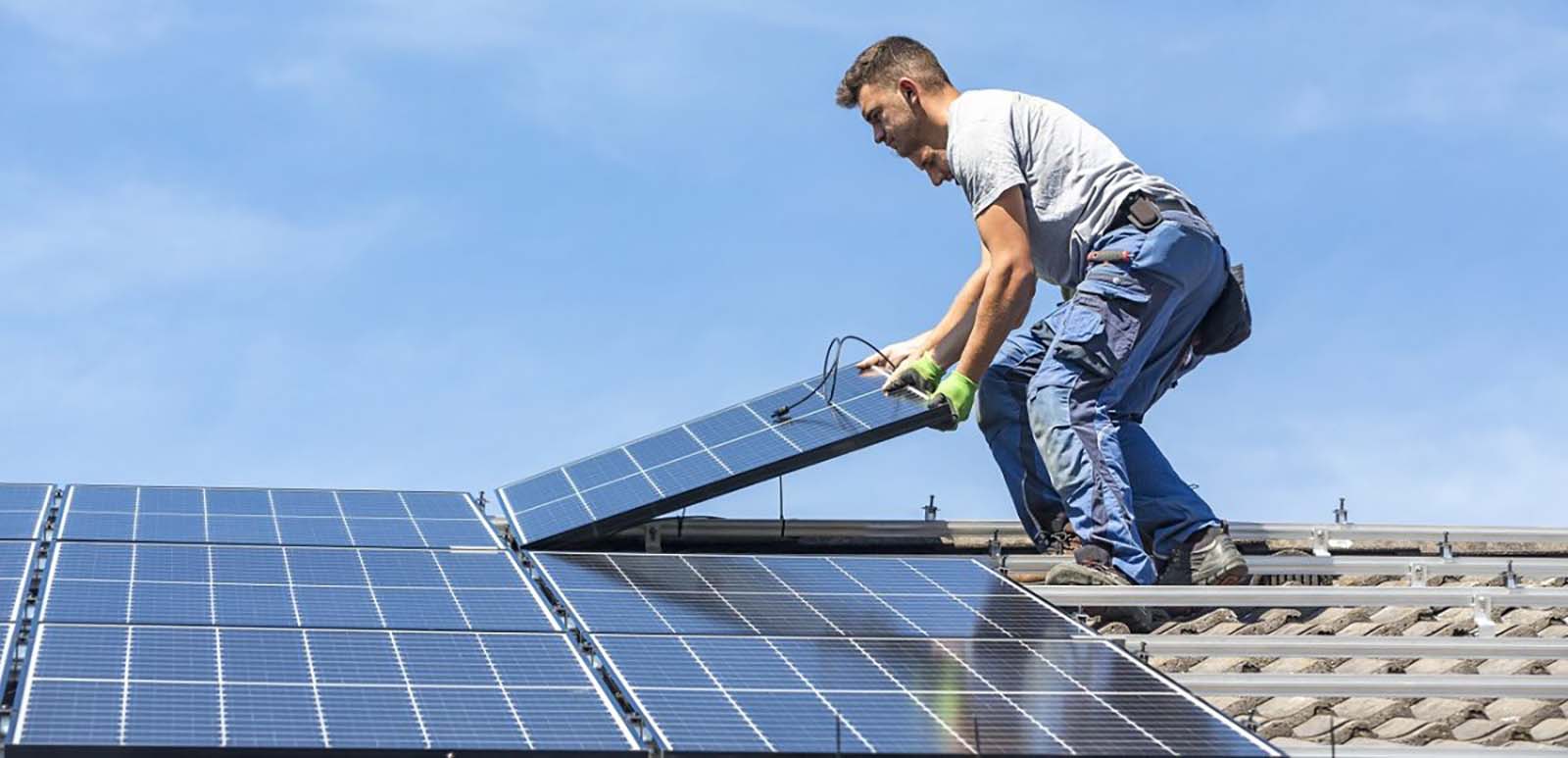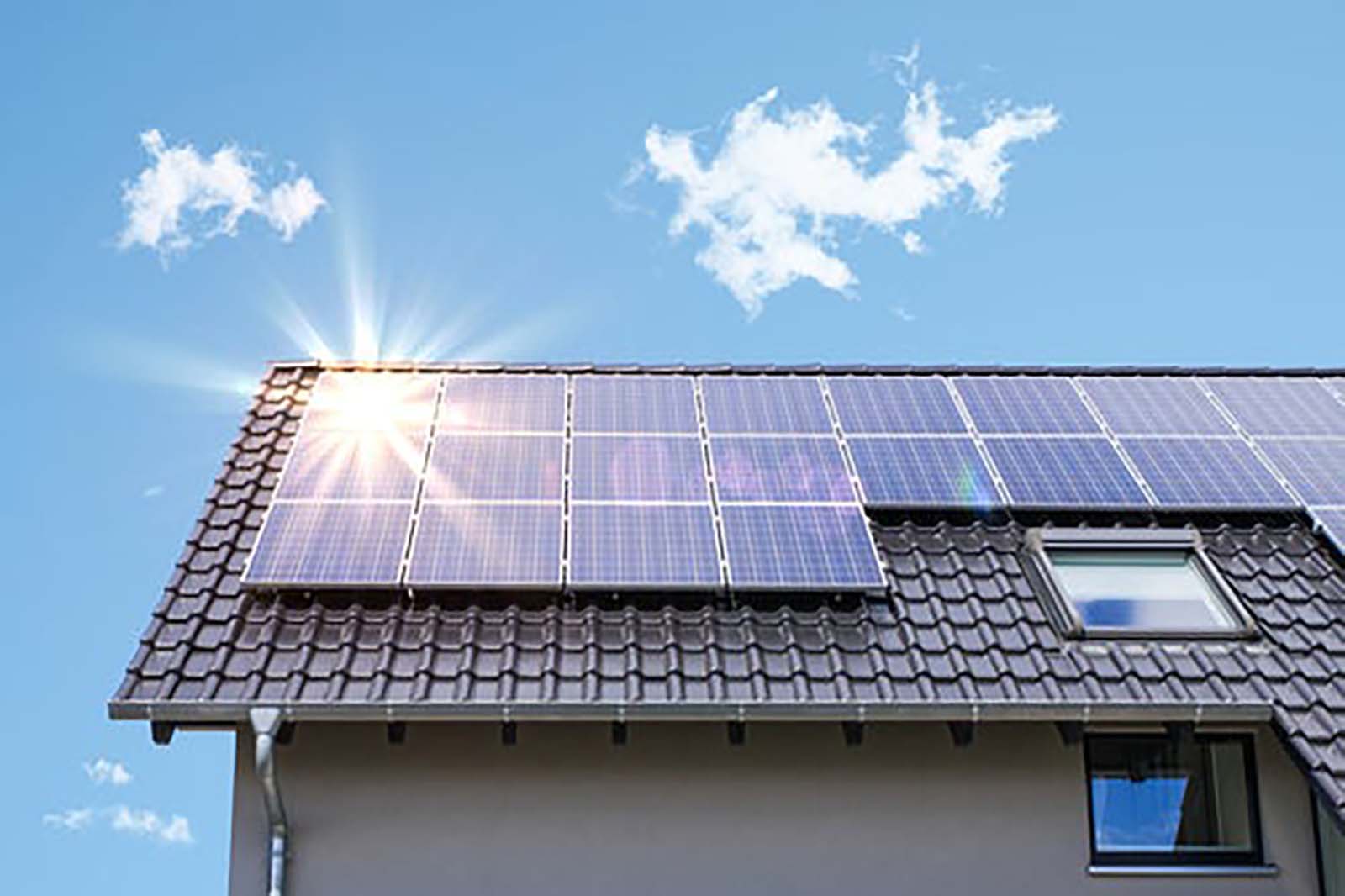How Long Can a 10kW Solar System Go?

Introduction
Factors Affecting the Performance of a 10kW Solar System
Average Run-Time of a 10kW Solar System
Tips to Maximize the Efficiency of a 10kW Solar System
Conclusion
How Long Can a 10kW Solar System Go?
Introduction When it comes to renewable energy sources, solar power has gained significant popularity in recent years. Solar systems offer an eco-friendly and cost-effective solution for power generation. Among the various solar system sizes available, a 10kW solar system is a common choice for residential and commercial applications. But how long can a 10kW solar system go, and what factors influence its performance? In this article, we will explore the average run-time of a 10kW solar system and provide tips to maximize its efficiency.

Factors Affecting the Performance of a 10kW Solar System Several factors can impact the performance and longevity of a 10kW solar system. The orientation and tilt of the solar panels, geographic location, and weather conditions play crucial roles. Ideally, solar panels should be installed facing south in order to capture the maximum amount of sunlight throughout the day. Similarly, the optimal tilt angle of solar panels depends on the latitude of the installation site. Areas with higher solar insolation will produce more electricity, allowing the 10kW solar system to generate power for longer durations.
Another factor that affects the performance of a 10kW solar system is the presence of shading. Even a small amount of shading on a few solar panels can significantly reduce the system’s overall output. It is essential to regularly clean the solar panels to maintain their efficiency and ensure maximum energy production.
Average Run-Time of a 10kW Solar System The average run-time of a 10kW solar system primarily depends on the location and weather conditions. On average, a 10kW solar system can generate between 30-40kWh of electricity per day. However, this output can vary based on factors mentioned earlier. In regions with ample sunlight, a 10kW solar system can produce enough electricity to fulfill the needs of a typical household throughout the day. On the other hand, in areas with lower solar insolation, the system might not generate enough power to cover the entire day’s energy consumption, requiring grid electricity during the night.

Tips to Maximize the Efficiency of a 10kW Solar System To ensure that a 10kW solar system operates at its maximum efficiency, regular maintenance is crucial. Here are a few tips to optimize its performance:
1. Keep the solar panels clean: Dust, dirt, and bird droppings can reduce the efficiency of solar panels. Regularly clean them using a soft brush or hose to remove any debris.
2. Monitor shading: Keep an eye out for any new structures or trees that could cast shadows on the solar panels. If shading occurs, consider pruning or removing the objects causing the obstruction.
3. Schedule regular maintenance: Hire a professional to inspect and maintain the solar system at least once a year. This will help identify any potential issues and ensure that the system operates optimally.
4. Monitor energy consumption: Keep track of your energy consumption patterns to adjust your electricity usage during peak solar production hours. This will allow you to maximize the use of solar energy and reduce reliance on grid electricity.

